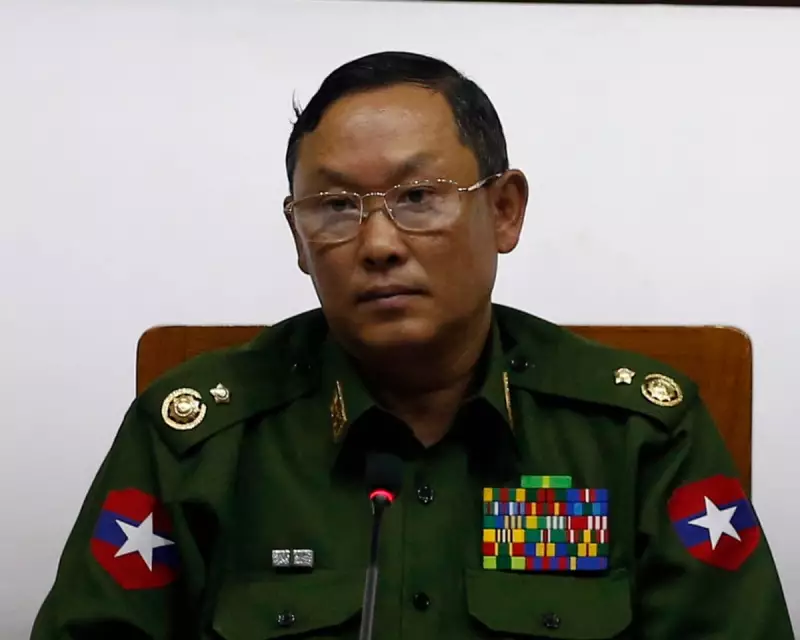
Myanmar's military government has welcomed a controversial decision by the United States to end temporary protected status for approximately 4,000 of its citizens living in America, despite ongoing civil conflict and human rights concerns in the Southeast Asian nation.
Washington's Policy Shift Draws Mixed Reactions
The Trump administration announced on Monday it was removing Myanmar citizens' eligibility for Temporary Protected Status (TPS), a programme that shields foreign nationals from deportation to countries experiencing natural disasters, armed conflicts, or other extraordinary conditions.
US Homeland Security Secretary Kristi Noem stated that "it is safe for Burmese citizens to return home", citing what Washington describes as "substantial steps toward political stability" in Myanmar. These include planned elections and the scheduled ending of emergency rule this summer.
However, the decision has been met with sharp criticism from human rights organisations and advocacy groups who argue that conditions in Myanmar remain dangerously unstable.
Junta's Positive Response Contrasts with Warnings
Junta spokesperson Zaw Min Tun described Washington's announcement as "a positive statement" and urged Myanmar citizens in the United States to return home.
"Myanmar citizens in the United States can come back to the motherland," he said in an official statement. "We would like to inform you that you are all welcome to participate in building a modern and developed nation."
The spokesperson specifically encouraged returnees to "come back to Myanmar and vote in the general election" being organised by the military government.
This optimistic portrayal starkly contrasts with assessments from international human rights monitors. The UN's Independent Investigative Mechanism on Myanmar (IIMM) warned on Wednesday that it continues to receive increasing reports of "serious international crimes committed in Myanmar in the runup to the elections".
Ongoing Conflict and Election Concerns
Nicholas Koumjian, head of IIMM, highlighted that detention of election critics and airstrikes aimed at reclaiming territory before the scheduled vote "may amount to persecution and spreading terror in a civilian population as crimes against humanity".
Myanmar has been engulfed in civil war since the military seized power in a 2021 coup, overthrowing the democratically elected government of Aung San Suu Kyi. The conflict has resulted in widespread violence, repressive legal measures, and mass arrests of activists.
According to data from the non-profit organisation Armed Conflict Location + Event Data, which compiles media reports of violence, as many as 90,000 people have been killed on all sides since the 2021 coup.
The military government is organising phased elections beginning 28 December, projecting a return to normalcy despite ongoing combat across large areas of the country. However, Suu Kyi's party has been dissolved, and new junta-enforced rules punish protests against the poll with up to a decade in prison.
Me Me Khant, executive director and co-founder of US-based advocacy group Students for Free Burma, called the TPS stoppage "a slap in the face to the community" of exiled citizens.
"It's obviously really not safe to go back home," she told AFP. "Everyone is really upset by the news."
Volker Turk, the UN high commissioner for human rights, echoed these concerns this month, stating that "to hold elections under these circumstances is unfathomable" given the widespread conflict and political repression.





